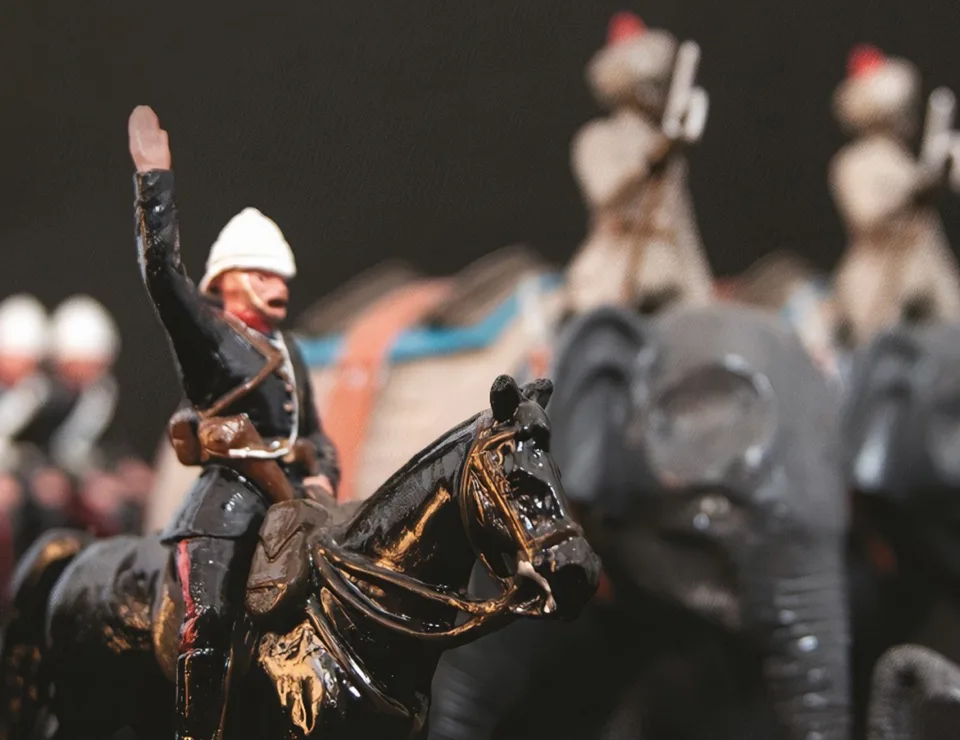Second year student reflects on his work placement with GCHQ Historian, Dr David Abrutat.
The second-year work placement module is an important component of all the history degrees delivered at Bishop Grosseteste University. Students have the opportunity to experience a work-based placement or undertake a career-focused research project, where they gain hands-on experience and put their skills into practice.
A Military History student undertook a work placement with the Government Communications Headquarters (GCHQ) Departmental historian as part of his degree. You can learn more about the skills and experience he gained from the work placement below.
“For my work placement, my tutor found me a special project in my area of interest, signals intelligence, working with Dr David Abrutat, historian for GCHQ. The project focused on local history at a former RAF intercept station, Branston Mere in Lincolnshire, but it also included the wider role these Y stations played in the history of signals intelligence.
The research drew on several sources, including individuals’ accounts and photographs held by the Branston history group, documents held in the National Archives, and by the RAF and International Bomber Command Centre Digital Archive, as well as the knowledge and research to date held by my tutor, Dr Claire Hubbard-Hall.
Piecing together the evidence highlighted the significance of the site and the wider signals intelligence contribution both in detecting the emergence of re-armament in Germany after the First World War, and in supporting the code-breaking work carried out at Bletchley Park during the Second World War.
The placement was a great opportunity for me to explore and collate new information that contributes to our understanding of the complexity, inter-dependencies, and importance of signals intelligence operations, from its inception at the start of the twentieth century through to the Cold War era”
- BGU Military History Student
Speaking about the experience Dr David Abrutat FRHistS FRGS, GCHQ Departmental Historian added:
‘Collaboration projects, like this one with BGU, are important to me and my Department. Our rich history is as broad as it is deep and many of the Second World War collection sites have little in the way of researched history. This piece by a BGU Military History student has brought one of the most significant RAF SIGINT sites in the country to life.’
You can read their published article below.
If you are interested in studying Military History at Bishop Grosseteste University please click here. You can find out more about the range of history courses on offer at one of our forthcoming open days.
You can follow the activities of the Military History team on Twitter @BGUMilitaryHist.
Related Posts

Primary Education students visit local museum to practise school visit planning

Join our Primary Teaching Studies students on an Intensive Training and Practice Week!

British Science Week at BGU!

Special Educational Needs Disability and Inclusion (SENDI) students explore how disability is represented outside the classroom

Primary Education students host insightful podcast reflecting on the role of inclusive practice within teaching

Programme Leader of Archaeology and Military History explores the impact of the countryside on armed forces personnel during WW2
